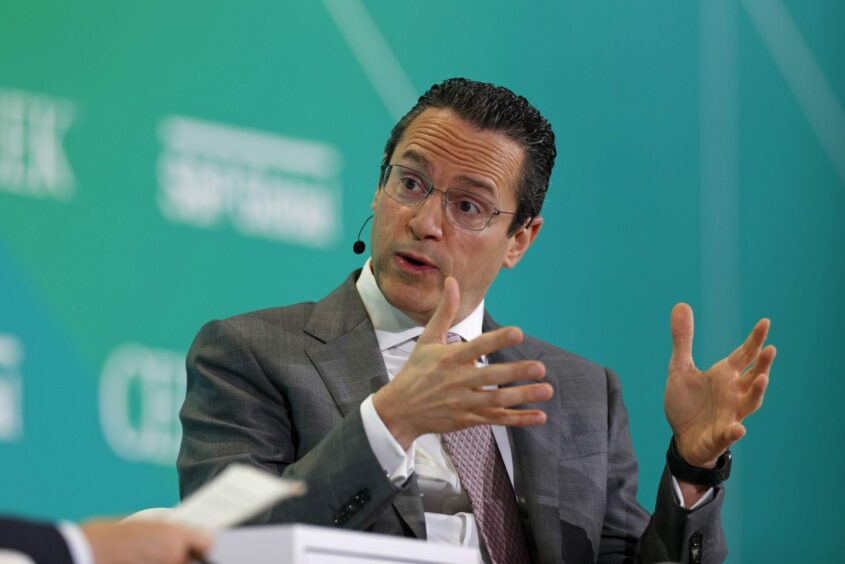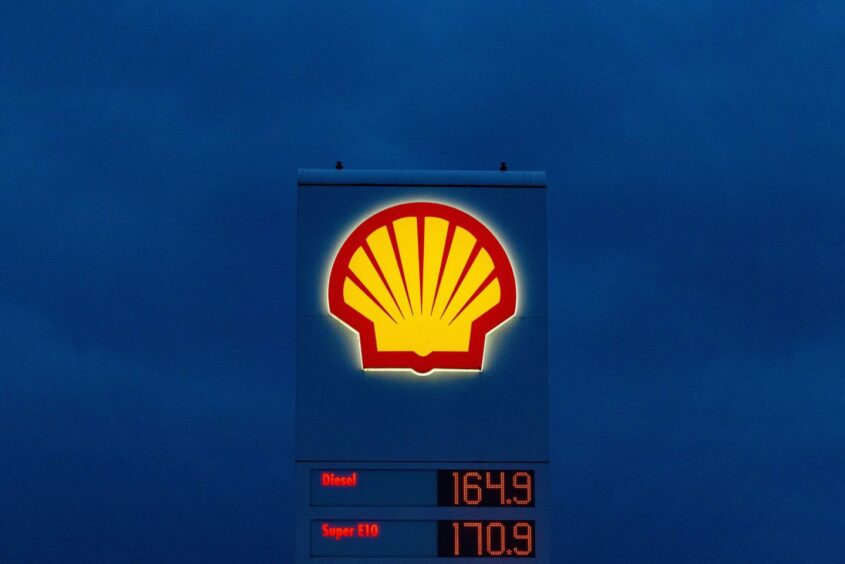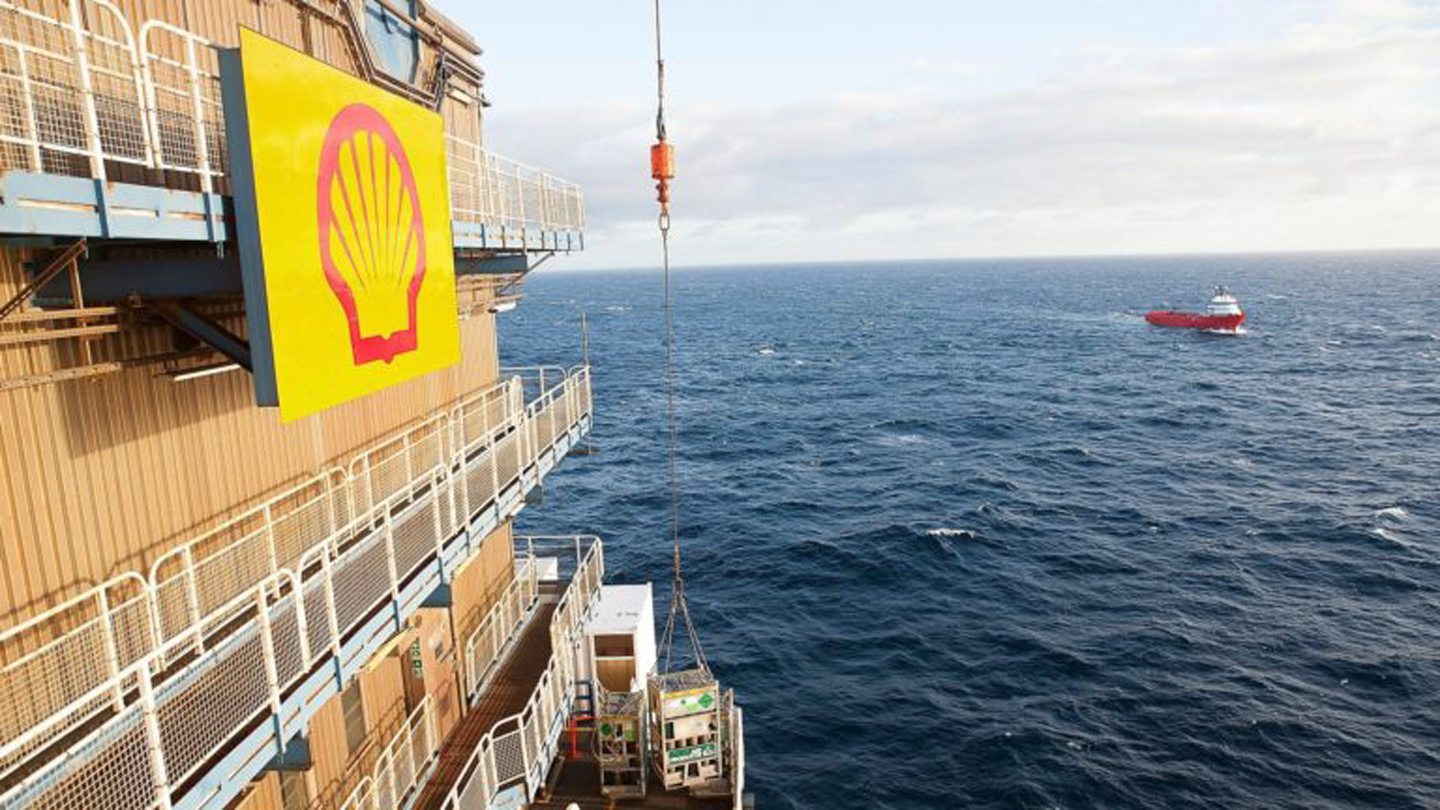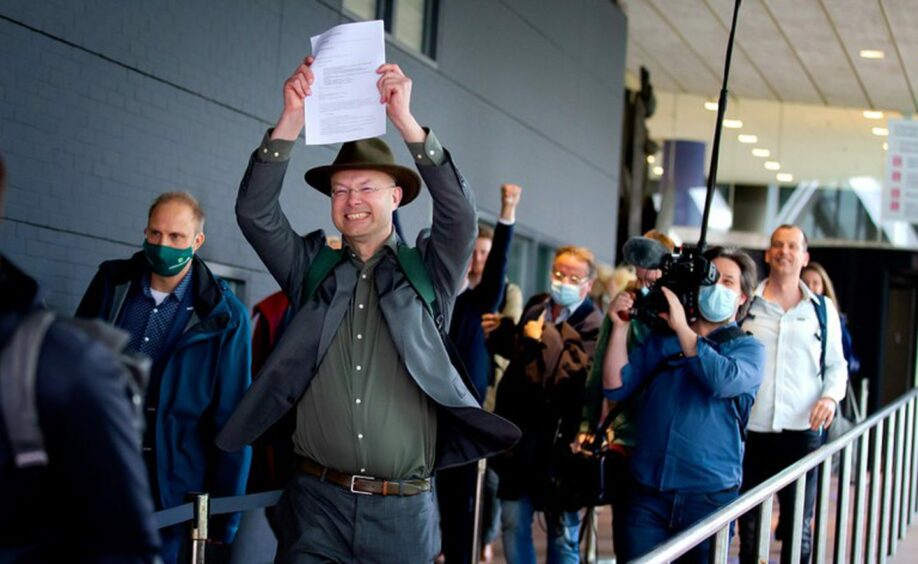
The head of Shell (LON: SHEL) has shed light on its likely response, should the supermajor fail to overturn a landmark Dutch climate ruling.
“We would simply let go of customers, we would stop selling,” chief executive Wael Sawan told journalists on Wednesday.
“We would look at what the least profitable molecule is, and says ‘ask somebody else who sells them, not Shell’, and we will achieve the 45% and it will not make a difference to the world.
“It will also take away opportunities that we think are critical for us to transition, because those are the customers we’re trying to decarbonise, but we’d have to comply with the law.”
Just over two years ago the Hague District Court ordered Shell to slash its CO2 emissions by 45% by 2030, compared to 2019 levels.
Filed against the supermajor by the Dutch branch of Friends of the Earth, as well as other NGOs and private individuals, the controversial ruling was seen as a huge win for environmentalists.
Shell, then under the leadership of Ben van Beurden, subsequently appealed the decision, arguing that a “court judgment, against a single company, is not effective”.
It is now back with the courts once again, with one legal expert recently saying that “it is open for debate as to whether it will be finally upheld”.
Decision expected in 2024/25
Mr Sawan, who took over as CEO at the London-listed oil giant at the start of the year, said: “2024 or 2025 is when I expect the case to be decided. Do we have plans? Yes, we are compelled actually by the court order to have a clear pathway to be able to achieve the 45%.
“In every single annual plan, we have a short note that explains what we will do if that happened, and we need to be able to demonstrate significant efforts today, which we are doing.”
He added: “The timeline is not in our hands, it’s in the hands of the courts, but I would hope that it’s sooner rather than later. It’s important that comes to a conclusion, and if I was to guess I would say in the next 12 to 18 months we should at least have line of sight towards where that comes in, but don’t hold me to that because I just don’t know exactly when that will go.”
Putting his mark on Shell
Mr Sawan was speaking to journalists hours after making his first major play as CEO, at Shell’s capital markets day.
Addressing investors at a presentation in New York, he unveiled a blueprint for delivering “more value, with less emissions”.
Underpinning the plan is “discipline” around capex, with the Shell board scaling back on planned spend over the coming years, and share buybacks.
Pending a decision on the Dutch court appeal, the group also plans to keep oil and gas flows steady up until 2030 to ensure a “balanced transition”.

It lead to accusations, particularly from climate groups, that Shell had reneged on a previously made commitment to lower production by 1% to 2% annually up the end of the decade.
Mr Sawan said: “We have always said that we wanted to reduce, by 1% to 2%, our production against 2019 levels by 2030. Just doing the basic maths, that’s roughly a 20% reduction by 2030, of our production against the 2019 levels.
“Once again, just looking at the numbers, we achieved that in 2022 – we never said ‘look, we swear to you that one to 2% is going to be a perennial’. We’re not liquidating our business.”

 © Supplied by Shell
© Supplied by Shell © Supplied by FOE
© Supplied by FOE